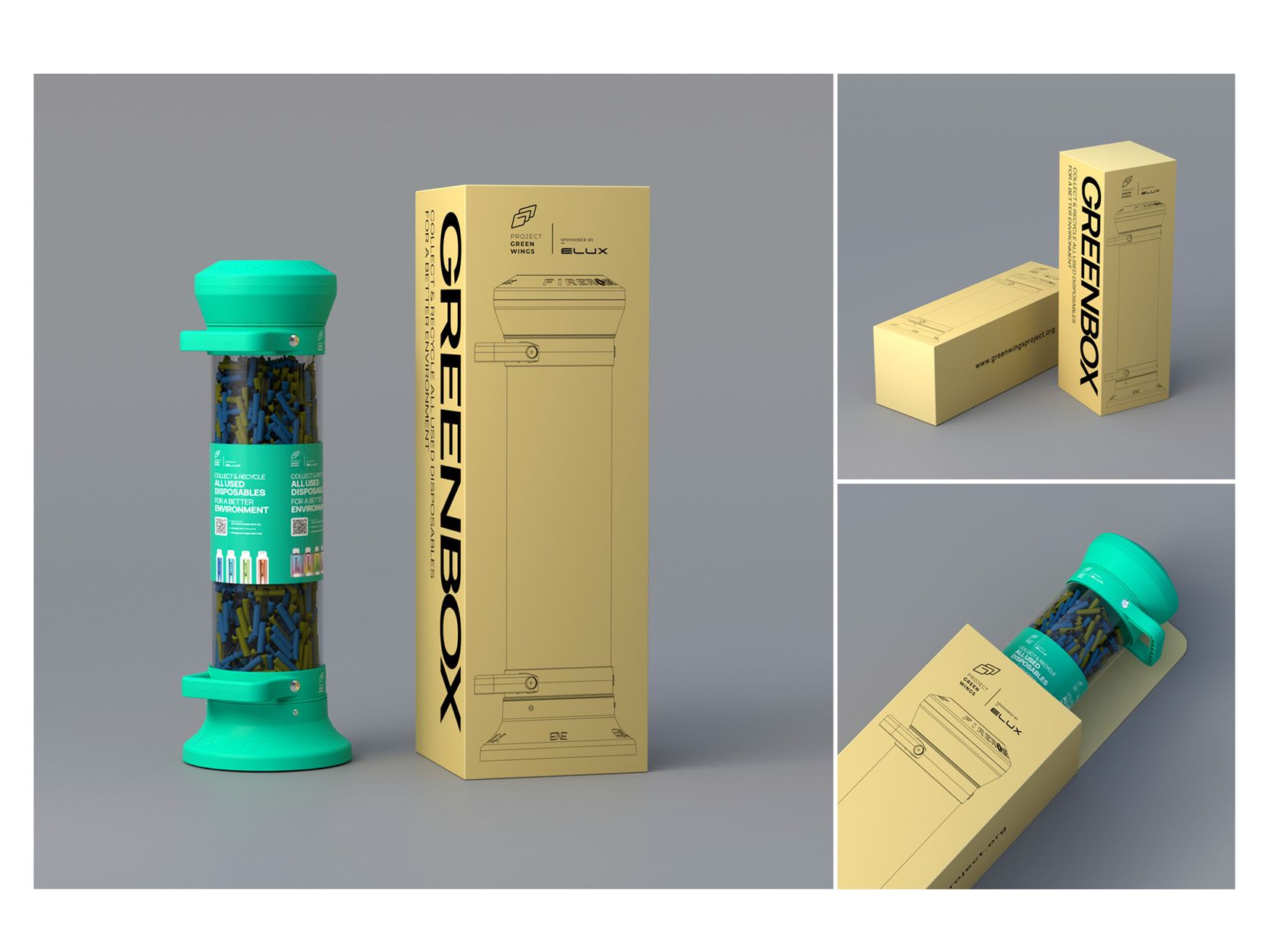4 tips to tackle and alleviate symptoms for enduring relief
As the warmer weather brings blossoming flowers and trees, it also signals the onset of seasonal allergies for millions of Americans. Seasonal allergies, triggered by grass, tree, and weed pollens, can lead to coughing, sneezing, itchy eyes, congestion, and other bothersome symptoms. While many resort to over-the-counter (OTC) medications for temporary relief, innovative alternatives are emerging to provide more effective, long-term solutions.
- Recognize Allergy Symptoms Understanding allergy symptoms is essential for proper management. While classic signs include itching in the mouth, watery eyes, and hives, allergies can manifest in various ways among individuals. Symptoms may resemble those of illness or infection, such as coughing, sneezing, congestion, body aches, or a runny nose. If these symptoms persist for a week or two, it’s likely you are reacting to seasonal allergens. Year-round symptoms may be caused by common indoor allergens like dust, mold, or pet dander.
- Reduce Exposure to Allergens Outdoors Avoiding triggers is crucial in managing allergies. Since pollen is a primary outdoor trigger, consider staying indoors on dry and windy days when pollen counts are high. Before heading outside, check local pollen forecasts. Rainy or cloudy days are optimal for outdoor activities, as rainfall helps clear pollen from the air. If you must be outdoors during clear and sunny weather, wear a face mask while performing tasks that may stir up allergens, such as mowing the lawn or gardening. Minimize bringing allergens indoors by removing clothes immediately after being outside, taking a bath to rinse off any pollen, and refraining from hanging laundry outside.
- Look for Long-Term Symptom Relief While OTC medications like antihistamines and decongestants can provide temporary relief, they may not work for everyone. Allergy immunotherapy, such as sublingual immunotherapy, offers a viable long-term option. This form of immunotherapy gradually builds immunity by exposing the body to small amounts of allergens over time, leading to reduced sensitivity and fewer symptoms. Nectar, an allergy care platform, provides a comprehensive at-home treatment program. It begins with an at-home allergy test, followed by a personalized prescription delivered every three months. Sublingual immunotherapy involves taking two drops per day under the tongue, providing the same long-term relief as allergy shots.
- Keep Indoor Air Clean Maintaining allergen-free indoor spaces is crucial for managing allergies. Avoid opening windows when pollen counts are high. Use air conditioners with high-efficiency filters and adhere to regular maintenance schedules for heating and cooling systems. Regularly dust surfaces and clean carpets using a vacuum equipped with a HEPA filter. Employ dehumidifiers to reduce mold growth and install portable air purifiers with built-in HEPA filters in frequently occupied rooms.
By implementing these strategies, you can go beyond quick fixes and find lasting relief from allergies. To access online resources and gain more insights, visit MyNectar.com, which offers a Help Center and Learning Hub to assist you in fighting allergies effectively.






